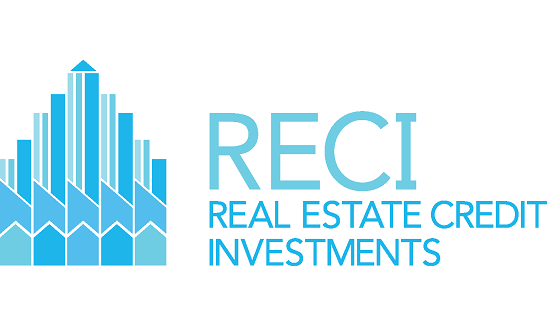Non-public debt is increasingly viewed not just as an alternative but as a core component in many portfolios. One reason is that investors are seeking higher income streams amid low interest rate environments. These debt instruments often deliver steady cash flows, and because they’re not marked daily on the public markets, they tend to show less short-term volatility. That makes them attractive to those who want more predictable returns without constant monitoring.
Another driver is the retreat of traditional lenders from certain market segments. As banks pull back, especially in the mid-market space, non-bank debt providers have stepped in to fill the financing gaps.
Investors are also attracted to the different sub-types of non-public credit. Mezzanine debt, asset-backed lending, real estate debt, venture debt and distressed or special situation credit are all growing in interest. Diversification across those strategies allows for balance between risk and return: some strategies are higher risk but potential higher reward, others more stable and income-oriented. Forecasts suggest returns in many non-public credit strategies could rise significantly over coming years compared with their historical norms.
Turning to commercial real estate, several trends are influencing where and how capital is being allocated. First, flexibility is increasingly prized: investors favour properties that can adapt to changing uses or demands, e.g. mixed-use spaces or buildings that can be repurposed. Second, location has shifted in emphasis, rather than only prestige central areas, there is growing interest in outskirts or suburban locations where space is more abundant and cost pressures lower. Third, sustainability matters more than ever: energy efficiency, carbon reduction, and green building certifications are becoming important not just for regulatory compliance but for tenant demand and long-term costs.
Further, the financial side of real estate is evolving: financing structures are being reworked, with more joint ventures, creative debt financing, and risk-sharing between stakeholders. Operational efficiency, in terms of maintenance, tech integration, and cost control, is gaining focus.
Real Estate Credit Investments Limited (LON:RECI) is a closed-end investment company that specialises in European real estate credit markets. Their primary objective is to provide attractive and stable returns to their shareholders, mainly in the form of quarterly dividends, by exposing them to a diversified portfolio of real estate credit investments.






































